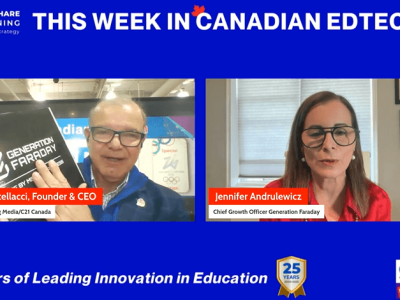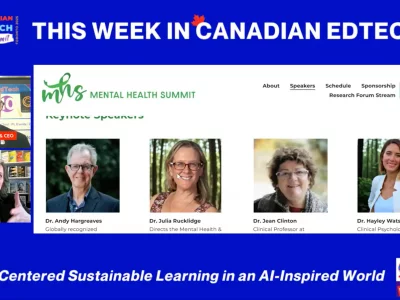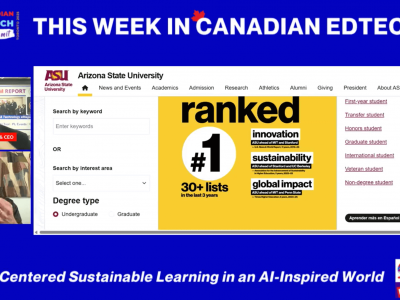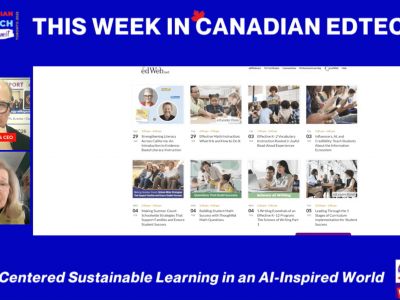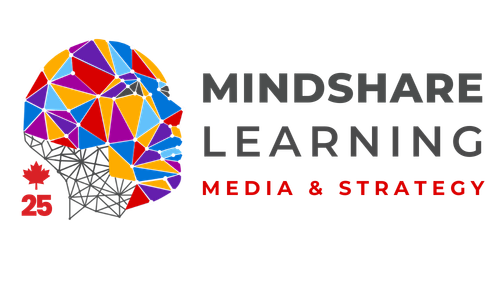
As an educator, you put the learning of your students as your priority. However, this summer it’s all about you and increasing your learning of 21st century education. Here are a few very interesting and easy ways to expand your mind and bring a digital edge to your classroom next year.
1. ISTE Online Courses: The International Society for Technology in Education offers high-quality online and interactive professional development courses that’s guaranteed to make for a phenomenal experience. Each course has been developed by experts in the field of education technology. Just to name a few courses you may be interested in: Project-based learning, Web 2.0 tools, Digital Storytelling and Digital Citizenship.
2. Advanced Education SMART Summer Training Institute: Is there a SMART board in your school and inexperience is holding you back from using it in your classroom? Think about taking a one day course to get your feet wet or a two or three day certification program. You can even become the SMART expert in your school – there’s a program for that, too.
3. Additional qualifications: Regardless of the province or territory that you are certified and/or teaching in, there has fortunately been an increase of digital-related courses available. Here in Ontario, for example, the Ontario College of Teachers has added a new course: “Use and Knowledge of Assistive Technology”. As well, “Computers in the Classroom” was renamed to “Integration of Information and Computer Technology in Instruction”. AQ courses will not only improve your chances in the job market, but will also make your classroom that much more fruitful.
4. Board-wide and Province-Wide Initiatives: Stay in the loop with professional development initiatives and opportunities. In Alberta, for example, The Alberta Teachers’ Association publishes a “Professional Development Programs and Services Guide” each year summarizing the various workshops, programs and services available to teachers. Check out “Connecting the Digital Dots – Learning in the 21st Century” where teachers get an overview of social media terms like “21st century learners” or “Web 2.0” and how today’s learners are different from previous generations in need of new tools to engage their learning.
5. Tweet, Read and Tweet some more – I cannot express enough the importance of maintaining a PLN over the summer. Staying in the loop with other educators will not only expand your learning, but will also help you in planning your 21st century classroom for September. Digital resources and professional development opportunities are always popping up in the Twitter world. Set the example that learning is a life-long process and keep your learning curve steep this summer. Enjoy!

